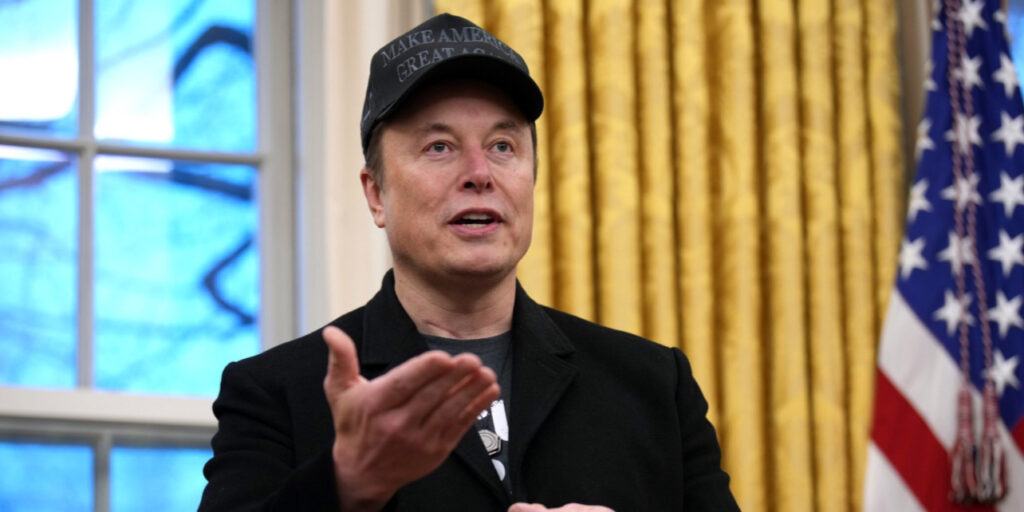Over 150 fellows of the UK’s prestigious Royal Society have called on the institution to intensify its advocacy for science and its practitioners amidst a contentious debate surrounding fellow Elon Musk.
Concerns have been voiced over the past nine months regarding Musk’s actions, which some describe as a “threat to science.”
Despite a heated meeting on Monday, the Royal Society did not expel Musk but finds itself at the heart of a polarizing political controversy. The push to strip Musk of his fellowship stems from allegations that his behaviour breaches the society’s code of conduct.
Musk, in his capacity as a senior official in President Trump’s Department of Government Efficiency, also known as Doge, has implemented significant cuts to U.S. scientific funding.
Additionally, he has faced accusations of disseminating misinformation through his social media platform, X.
Post-meeting, the Royal Society acknowledged these concerns, especially the potential severe reductions in U.S. research funding, and resolved to consider additional measures to combat misinformation and ideologically driven assaults on science and its community.
It has been 250 years since the last expulsion from the Royal Society—German scientist Rudolf Erich Raspe for theft and fraud. The current discord, fueled by Musk’s public statements, could mark a historical crossroads for this elite scientific body.
This controversy has already led to the resignation of two distinguished scientists, Dr. Dorothy Bishop of Oxford University and Professor Andrew Millar of the University of Edinburgh.
Moreover, over 3,300 scientists supported a letter penned by Professor Stephen Curry, an emeritus professor at Imperial College London, voicing grave concerns over Musk’s fellowship and the Royal Society’s perceived lack of response to the unfolding situation.
While Curry has stopped short of directly demanding Musk’s removal, he advocates for a broader dialogue on the matter.
Dr. Bishop, who was the first to resign over these issues, has expressed frustration at the Royal Society’s reliance on legal advice, which she believes is influenced by fears of potential legal repercussions.
Although more than 60 fellows have endorsed Curry’s letter, and many others have voiced disapproval of Musk’s conduct, a significant number of academics, researchers, and fellows oppose the revocation of his fellowship.
Nobel laureate Professor Sir Andre Geim of Manchester University defends Musk, highlighting his substantial achievements compared to his critics within the Royal Society.
While some suggest that expelling Musk might represent political meddling and infringe on freedom of speech, Professor George Efstathiou from the University of Cambridge argues that members should maintain a commitment to truthfulness, stating that blatant falsehoods reflect poorly on one’s ethical standards and are not merely political issues.


